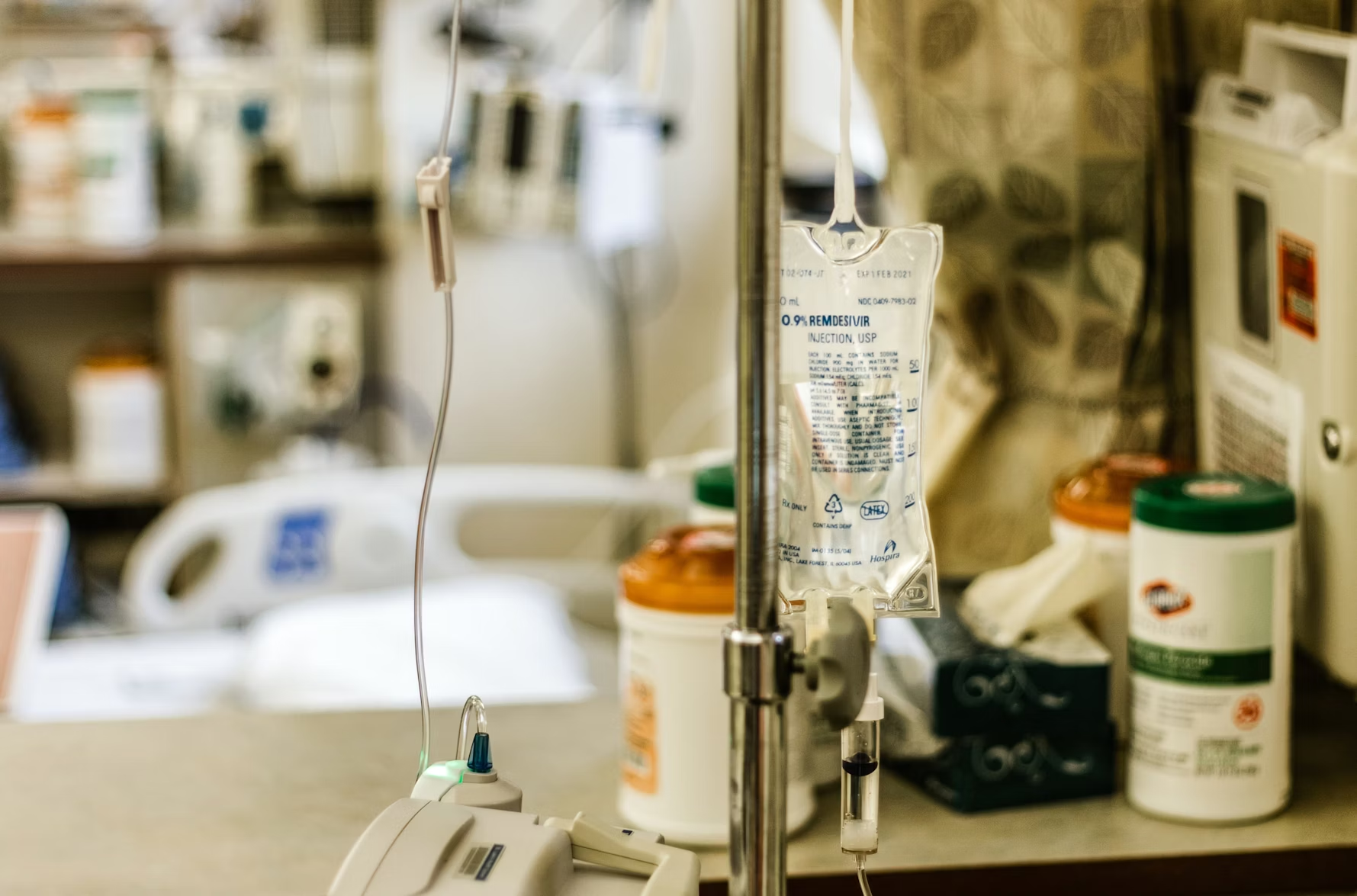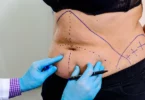If you’re considering facial plastic surgery, but you’re not sure where to start. This is the guide you need.
There are a lot of options when it comes to facial plastic surgery, and choosing the right surgeon can make all the difference.
When considering your results, your recovery, and your peace of mind, there’s a lot to consider. Here are seven essential questions to ask before trusting anyone with your face.
1. Is the surgeon board-certified in facial plastic surgery?
Believe it or not, not every doctor who offers cosmetic procedures actually has formal surgical training. That’s why it’s important to consider board certification.
Board certification proves your surgeon completed specialized education, passed rigorous exams, and meets safety and ethical standards.
Look for certification from organizations like the American Board of Facial Plastic and Reconstructive Surgery or the Royal College of Physicians and Surgeons of Canada.
This ensures you’re working with a qualified professional, not just someone marketing cosmetic services. If you’re searching in Canada, you could also consider the Canadian Academy of Facial Plastic and Reconstructive Surgery.
2. How much experience does the surgeon have with facial procedures?
Experience matters. This is especially true for facial surgery, where precision and balance are everything.
Ask how many facial surgeries the doctor performs each year and whether they focus exclusively on facial procedures.
A surgeon who specializes in the face has a deeper understanding of anatomy, symmetry, and aesthetic detail.
3. Can you review before-and-after photos of real patients?
Seeing the surgeon’s results is the best way to understand their aesthetic style. Review before-and-after photos of patients with similar features to yours.
Look for natural, balanced outcomes rather than overly tight or artificial appearances. If every patient looks the same, that’s a sign the surgeon may not personalize their approach.
For example, you may have heard the term “plastic surgery nose” (sometimes called a “cookie-cutter nose.
It refers to a style of rhinoplasty where every patient ends up with a similar look. This look often features an over-reduced bridge or an overly narrow tip. This usually happens when an inexperienced surgeon takes a one-size-fits-all approach.
In contrast, experienced facial plastic surgeons focus on creating individualized, natural results. Your nasal surgery should be carefully tailored to your unique facial proportions, ethnicity, gender, and skin characteristics to achieve balance and harmony.
Doctors in some locations may see more of a specific type of face and not have much experience with other types. Ideally, the surgeon you choose has experience with your facial features.
In Montreal, one of the best facial plastic surgeons is Dr. Samaha, who has performed thousands of surgical procedures.
Being in a cosmopolitan city has provided him with over two decades of varying facial types. That is the kind of experience you should look for.

4. Does the surgeon listen carefully and communicate clearly?
Your consultation should feel like a two-way conversation. It should not feel like a sales pitch where the doctor barely lets you speak, appears to just be explaining a generic approach without considering your specific needs, or worse, doesn’t let you speak at all.
A great surgeon takes time to understand your goals, explain your options, and set realistic expectations. Pay attention to how well they listen and whether their recommendations align with what you want.
If you feel rushed, it’s okay to look elsewhere. Don’t cave in to pressure from a surgeon if you don’t believe that your questions and concerns have been addressed.
This is your face we’re talking about! This is not the time to get sucked into sales pitches. Doing this helps you mentally prepare for plastic surgery.
5. Where will your procedure take place, and is the facility accredited?
Safety depends not just on who performs the surgery, but also where it’s done.
Always ask if the procedure will be performed in a fully accredited surgical facility with licensed anesthesia staff and emergency protocols.
Accreditation ensures your surgery environment meets national standards for cleanliness, equipment, and patient care.
6. What should you expect during recovery?
Every procedure comes with downtime. Ask what the recovery timeline looks like, what symptoms are normal, and when you can return to daily activities.
Understanding the process ahead of time helps you plan and avoid surprises. A responsible surgeon provides clear instructions and follows up to ensure proper healing.
7. Do you feel confident and comfortable with the surgeon?
Beyond credentials and skill, trust is the most important factor. You should feel comfortable discussing your goals and confident that the surgeon understands what you want.
The best results come from a partnership built on mutual respect and clear communication. If something doesn’t feel right, keep looking until you find someone who does.
Again, this isn’t the time to “just go with it.” Make sure you do your best to choose a qualified surgeon whom you feel you can trust.
When you’re searching for a facial plastic surgeon, it should not be a quick decision. Remember that this is an investment in your confidence and self-image.
Take time to research, ask questions, and compare options. A qualified, communicative, and experienced surgeon will not only help you achieve beautiful, natural results but also ensure that the entire experience feels safe and supportive.








